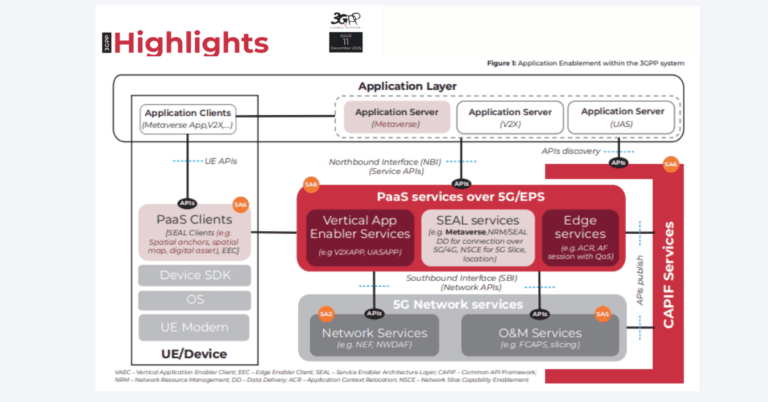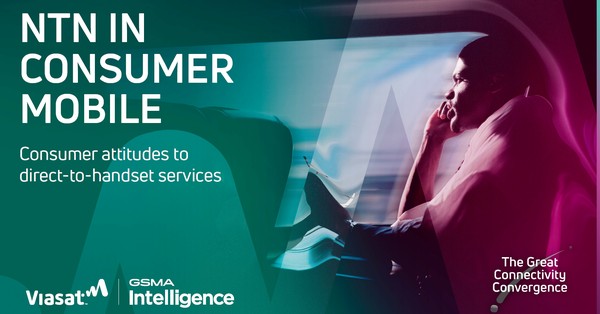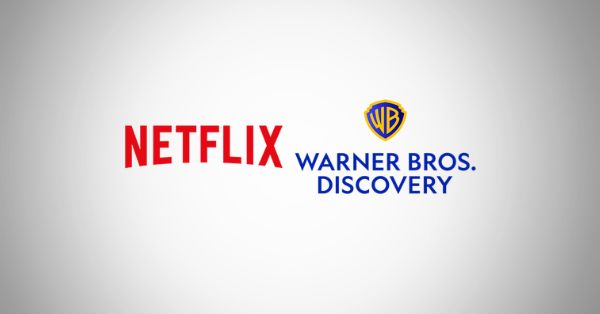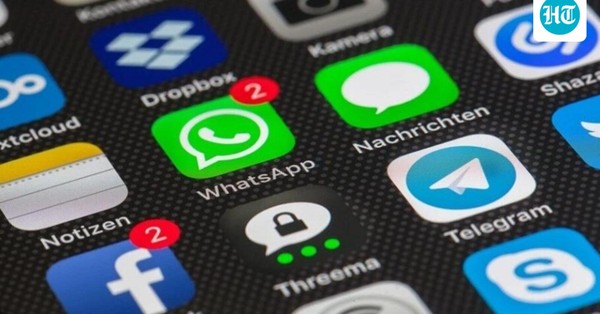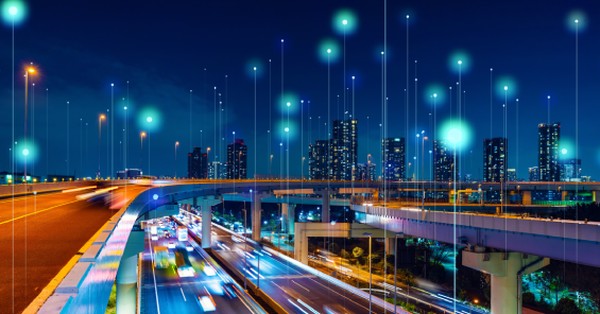Session Overview: Tackling AI, Disinformation, and Digital Safety
MWC 2024 featured critical discussions on safety, security, and disinformation, addressing the growing challenges posed by polarization, eroding trust, and the disruptive influence of social media. The event brought together some of the world’s most distinctive voices to examine the shifting threat landscape and the cutting-edge detection techniques reshaping digital security.
Toxic Intelligence: Disinformation in the Age of AI
Speaker: Ross Frenett, Founder & CEO, Moonshot
Ross Frenett’s keynote delved into how AI is revolutionizing disinformation, exploring both its tactical evolution and the societal consequences of misinformation at scale. He highlighted how AI is being weaponized to manipulate public opinion, amplify conspiracy theories, and erode trust in institutions. He also shared insights on AI-powered detection mechanisms that can counteract this growing threat.
Disinformation, AI, and the Future of Democracy
With AI reshaping how information is created, consumed, and weaponized, this session examined the implications of AI-driven misinformation on democracy and public trust. The discussion covered media literacy, regulatory frameworks, and digital resilience strategies to equip individuals with the necessary skills to navigate an evolving digital landscape.
Speakers:
- Nina Dos Santos, Former CNN Anchor & Host of the Ctrl Alt Deceit Podcast
- Sachin Dev Duggal, Founder & Chief Wizard, Builder.ai
- Ross Frenett, Founder & CEO, Moonshot
Panelists explored how AI-generated content is outpacing traditional fact-checking efforts, emphasizing the urgent need for automated verification tools, public education, and stronger regulations to curb the spread of AI-fueled misinformation.
Fireside: Building a #BetterInternet – Combating Online Shaming and Creating Safer Digital Spaces
This session examined how brands can take an active role in shaping safer digital environments. One of the standout case studies was KPN’s “A Piece of Me” campaign, a groundbreaking initiative that topped the Dutch music charts, sparked cultural dialogue, and drove real societal change around online harassment.
Speakers:
- Mrs. Marieke Snoep, Chief Consumer Officer & Board Member, KPN (Royal Dutch Telecom)
- Mr. Boris Nihom, CEO, Dentsu Benelux
- Moderator: Lara Dewar, CMO, GSMA
This fireside chat explored how brands can go beyond marketing campaigns to drive meaningful, long-term impact in tackling digital harassment, cyberbullying, and online disinformation. By leveraging influencer partnerships, media outreach, and storytelling, KPN and Dentsu demonstrated how corporations can engage younger audiences in conversations about digital responsibility.
The Expanding Threat of AI-Driven Disinformation
One of the most pressing concerns raised throughout these discussions was how AI is accelerating the spread of disinformation. Speakers highlighted that false narratives are now more persuasive and harder to detect, with deepfake videos, AI-generated voices, and hyper-targeted misinformation campaigns reshaping the media landscape.
AI-powered misinformation is not just an online issue—it has real-world consequences, from political manipulation to public health crises. As such, stakeholders must act swiftly to deploy AI-based countermeasures and enhance digital literacy across communities.
1. Disinformation and the Digital Landscape
The Threat of Misinformation
Ross Frenet’s presentation set the tone for a compelling discussion on how misinformation spreads online and the real-world consequences of unchecked digital propaganda. He referenced historical conspiracies, such as theories from the Irish Potato Famine blaming steam engines for crop failures—drawing a parallel to modern-day 5G conspiracy theories and AI-driven misinformation.
Real-World Impact of Digital Lies
Frenet emphasized that false narratives can have dangerous consequences beyond online discussions. For example, misinformation surrounding 5G technology during the COVID-19 pandemic led to attacks on infrastructure and telecom executives. These incidents highlight how digital conspiracies can translate into real-world harm.
How AI is Reinventing Misinformation
AI is making it easier to spread disinformation at scale. Deepfake videos, synthetic voice technology, and AI-generated content are blurring the lines between reality and fiction. Social media algorithms amplify emotionally charged or misleading content, making it even harder to discern fact from fiction.
Moonshot’s Approach to Fighting Disinformation
Moonshot, Frenet’s company, is taking an innovative approach to countering online extremism and misinformation by using:
- Data science to track and predict online disinformation trends.
- AI and human expertise to intervene in real time.
- Direct engagement with potential perpetrators to de-escalate threats before they materialize into action.
2. The Role of AI in Content Creation and Manipulation
Sachin Dev Duggal, the founder of Builder AI, provided a different perspective on how AI is shaping content creation. While AI is often seen as a disruptor of industries, Duggal argued that AI’s real power lies in augmenting human creativity rather than replacing it.
The Shift in Content Creation
- AI tools allow anyone to create software and digital content with minimal technical expertise.
- Voice AI and generative models are transforming how content is produced, distributed, and consumed.
- AI-generated media could outpace traditional journalism, leading to concerns about the verifiability of information.
3. The Future of Online Safety and Digital Responsibility
Digital Resilience for the Next Generation
The session also included a thought-provoking discussion with Lara Duer (CMO of GSMA), Marque Snoop (Chief Consumer Officer of KPN), and Boris Neehom (CEO of Dentsu Creative) on how brands can drive meaningful change in online safety.
The “Better Internet” Initiative
One of the most powerful campaigns highlighted was KPN’s “A Piece of Me” campaign, which tackled online shaming and digital harassment. The initiative combined:
- A viral music video that resonated with Gen Z audiences.
- Educational outreach in schools to raise awareness about online privacy.
- Collaborations with law enforcement to drive policy changes, leading to stricter digital protection laws in the Netherlands.
4. The Path Forward: AI as a Force for Good?
Both Frenet and Duggal agreed that while AI can be weaponized, it also holds immense potential for positive change. AI-driven initiatives could:
- Improve mental health support by offering AI-powered counseling services.
- Enhance fact-checking mechanisms to counter false narratives before they spread.
- Provide automated safeguards against digital crimes such as fraud and online harassment.
However, this potential can only be realized through collaboration between tech companies, policymakers, and civil society to ensure AI is used ethically and responsibly.
Key Takeaways from MWC 2024
- Disinformation is evolving—AI is accelerating the spread of misinformation, making digital literacy and fact-checking more critical than ever.
- Social media platforms play a role—but proactive interventions and regulation are necessary to prevent harm.
- AI is a double-edged sword—it can either fuel digital chaos or be harnessed to safeguard truth and security.
- Brands have a role in digital safety—corporations like KPN are leading initiatives to promote responsible online behavior.
- Education and regulation are key—governments, private companies, and individuals must work together to create a safer and more informed digital ecosystem.
Final Thoughts: What’s Next for AI, Tech, and Digital Ethics?
The discussions at MWC 2024 revealed that AI-driven technology is reshaping society at an unprecedented pace. The challenges of disinformation, online safety, and ethical AI development will continue to dominate tech discourse. However, by leveraging AI for good, fostering media literacy, and enforcing smart regulations, stakeholders can build a safer, more resilient digital world.
Want more insights from MWC 2025? Stay updated with our latest tech coverage! Subscribe to our newsletter for exclusive industry trends and expert analysis.
Session Moderators
Lara Dewar | GSMA, CMO
Session Speakers
Ross Frenett | Moonshot, CEO/Founder
Marieke Snoep | KPN Royal Dutch Telecom, Chief Consumer Market & Member of the Board of Management of KPN
Boris Nihom | Dentsu, CEO Benelux
Nina Dos Santos | Former CNN Anchor, Host of the Ctrl Alt Deceit Podcast




